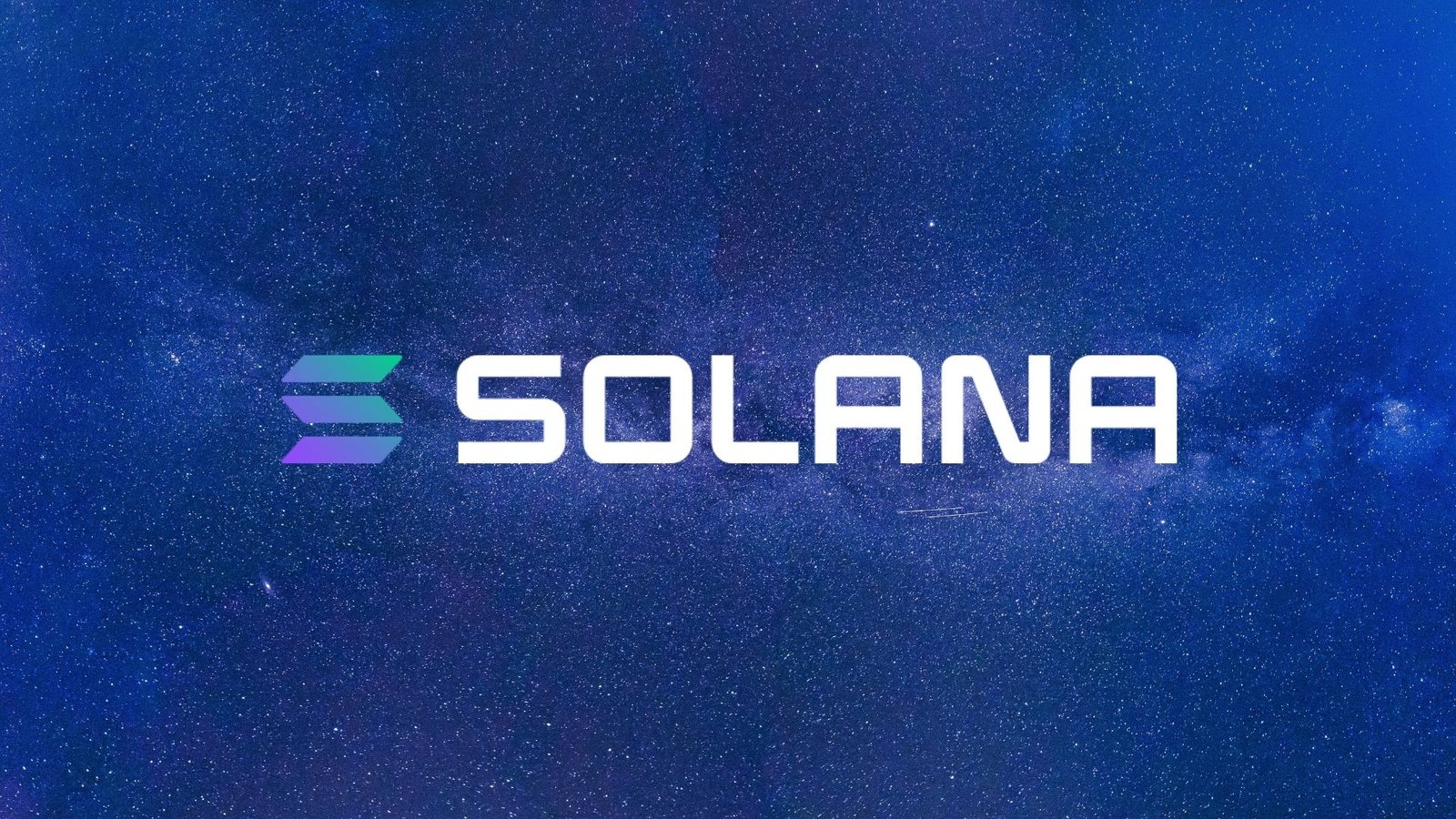SOL, the native token of the Solana network, dropped in the crypto market today because some people thought that a slowdown in transactional speeds on the network could be linked to an attack on the network.
SOL was trading at USD 178 at 11:13 a.m. UTC, down 5.5 percent from the previous 24 hours and 23 percent over the last week.
Nevertheless, compared to other cryptocurrencies, the loss in price today was not particularly dramatic, with bitcoin (BTC) trading down by 2 percent and ether (ETH) trading down by 5 percent during the same period.
After users reported that the network’s transaction processing capacity had dipped significantly below normal levels, the price of SOL fell today due to worries over a delay in the network’s transaction processing capacity.
Although the problems seemed to be resolved as of Friday afternoon, when this article was published, On the Solana Beach Dashboard, it shows that the network is now processing 3,260 times per second, which is much faster than the network’s usual operational speed of roughly 2,000 transactions per second.
GenesysGo, a Solana-focused development firm, first tweeted about the network’s problems on Thursday at 15:00 UTC. They said that “the Solana validator network has problems” with transaction requests.
While that wasn’t enough, the Solana-based NFT platform Blockasset said on Twitter Thursday that Solana was “overloaded with DDoS attacks that have clogged the network and made it slow.”
Colin Wu, a crypto-focused journalist, first shared the tweet, but it doesn’t look like it has been deleted as of Friday morning. On Blockasset’s Twitter account, there are no signs of any network slowdowns.
Nonetheless, the accusations that Solana has been the victim of an assault were debated yesterday on Reddit’s r/CryptoCurrency forum, with some members saying the troubles are a consequence of network design defects.
Solana Foundation has not yet confirmed any such activity in terms of proven attacks on the network. The Status.solana website also indicates that all systems are up and running and functioning as expected.
The report of a network slowdown this week follows the complete failure of the Solana network in September of last year. According to reports, the network disruption that occurred at the time was purportedly caused by a significant spike in transaction traffic, which “flooded” the transaction processing queue.
Read Also: IMF Directors Believe Crypto Regulation Should Be Global, Not National


Comments are closed.